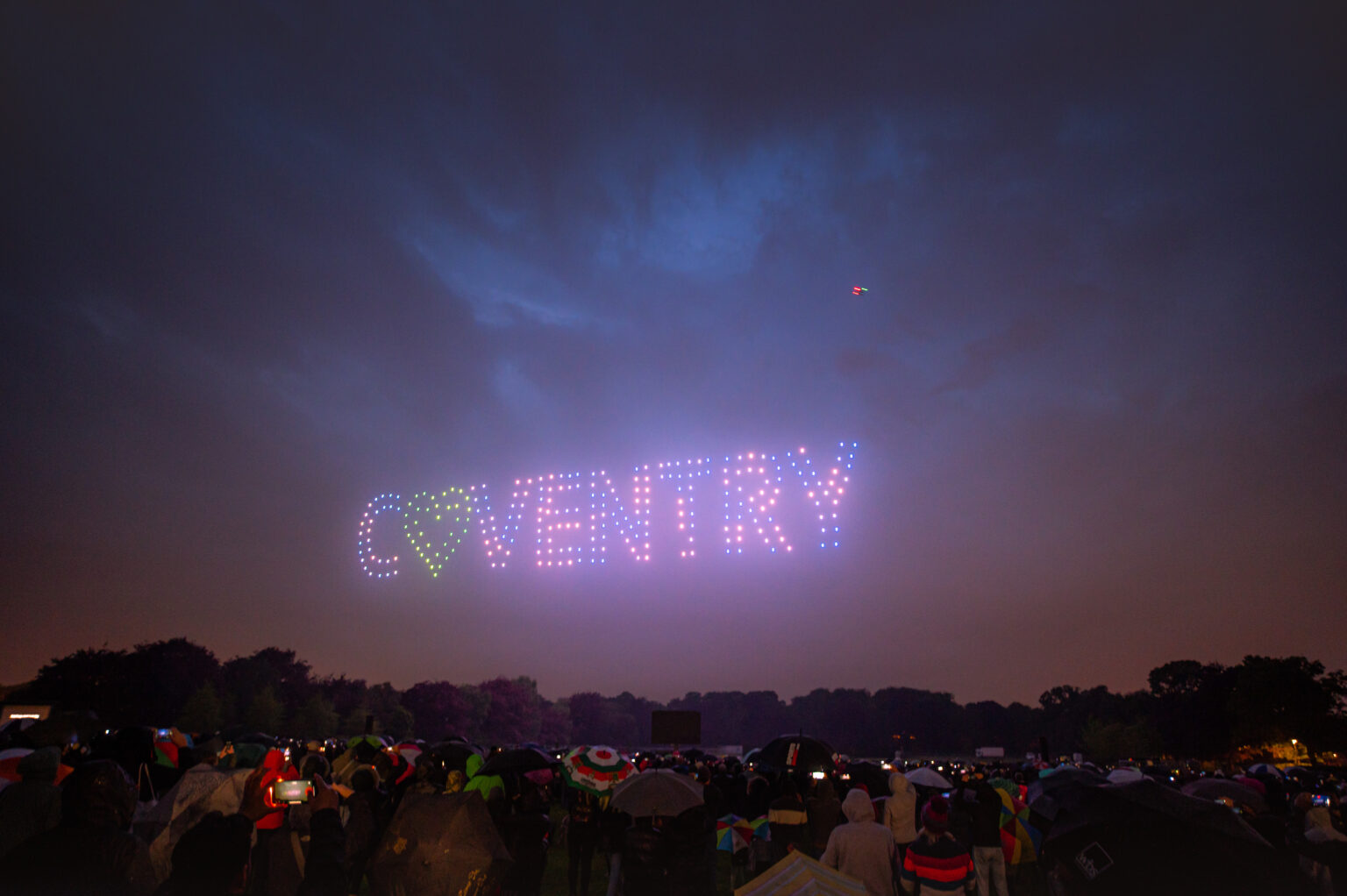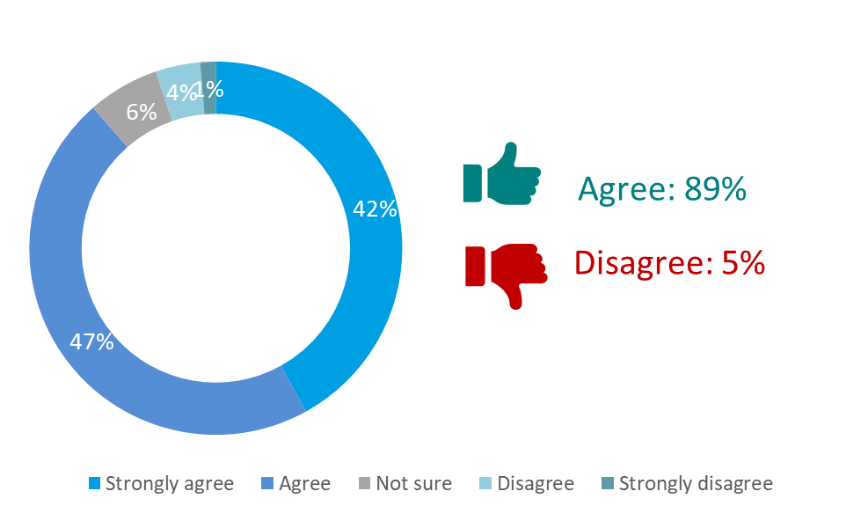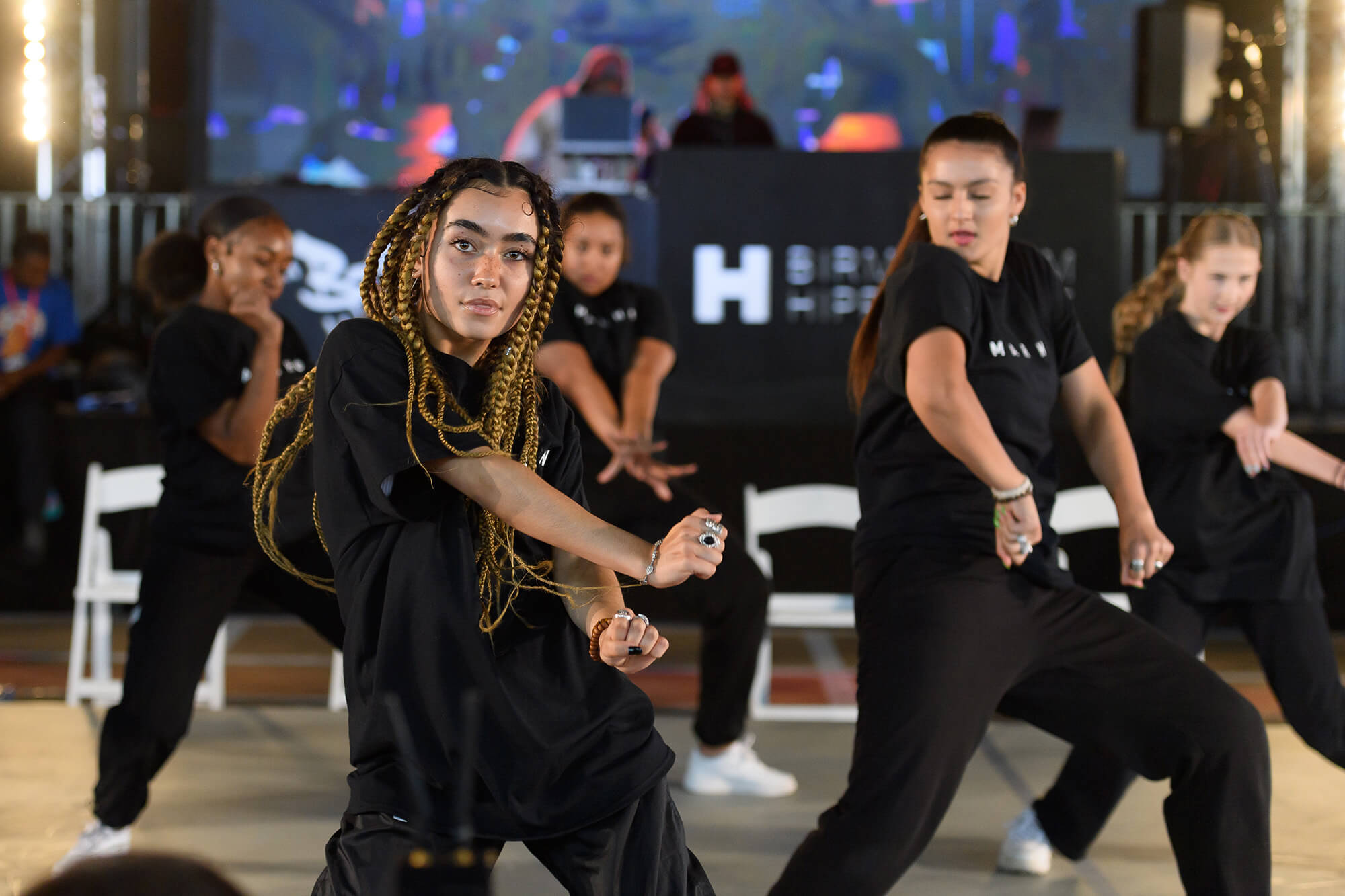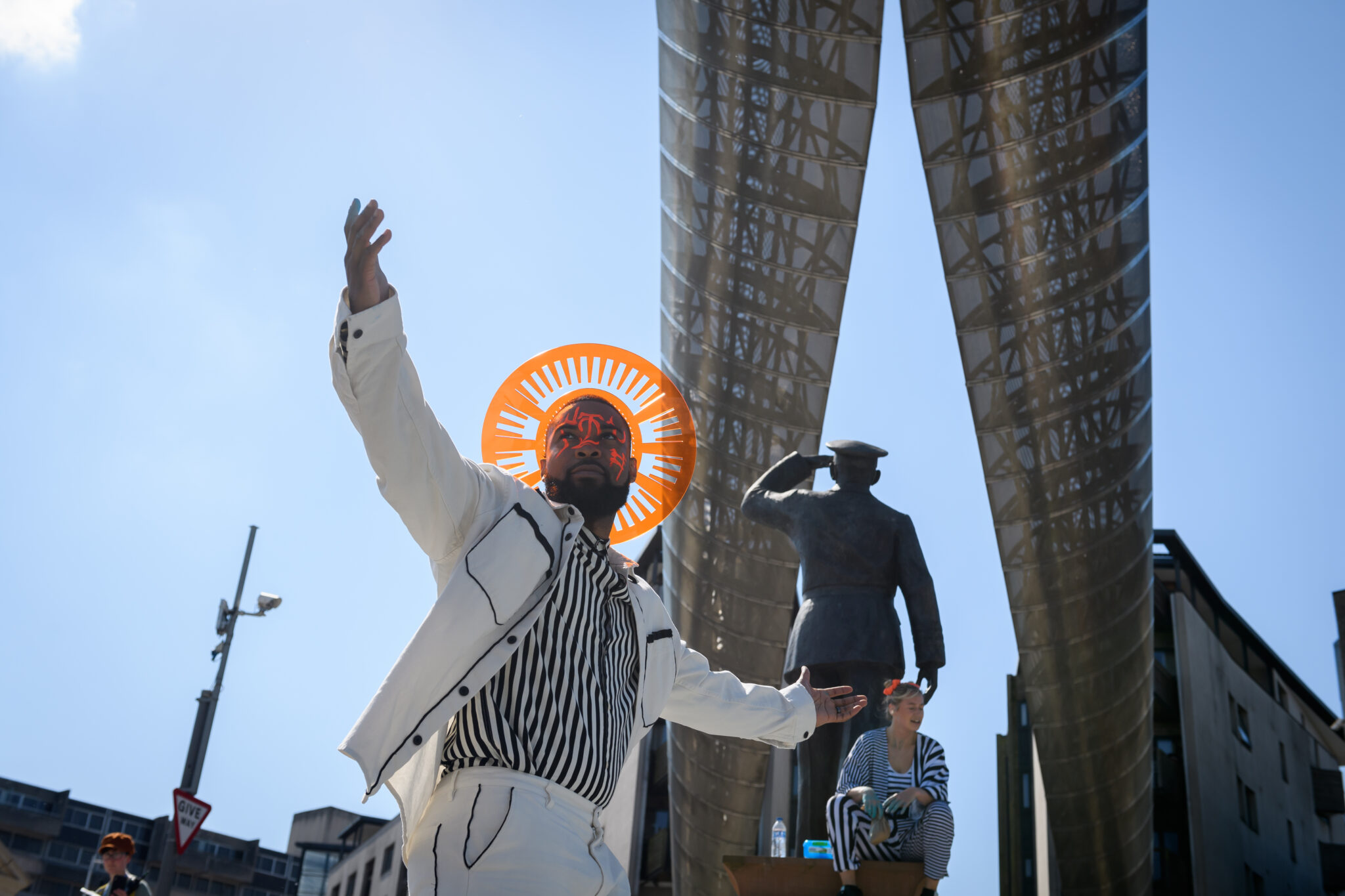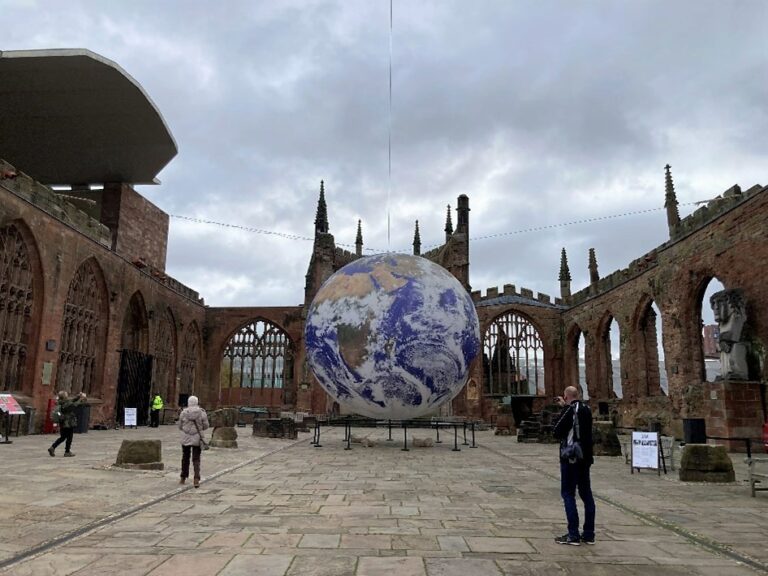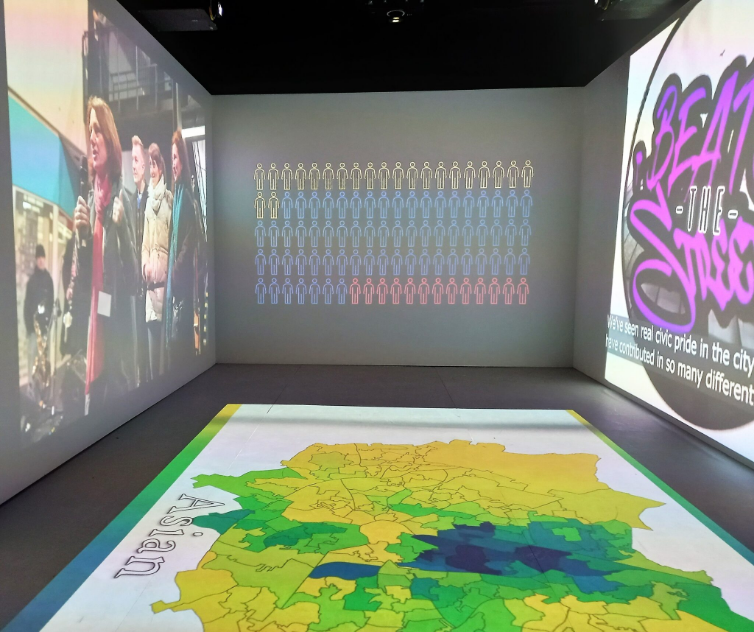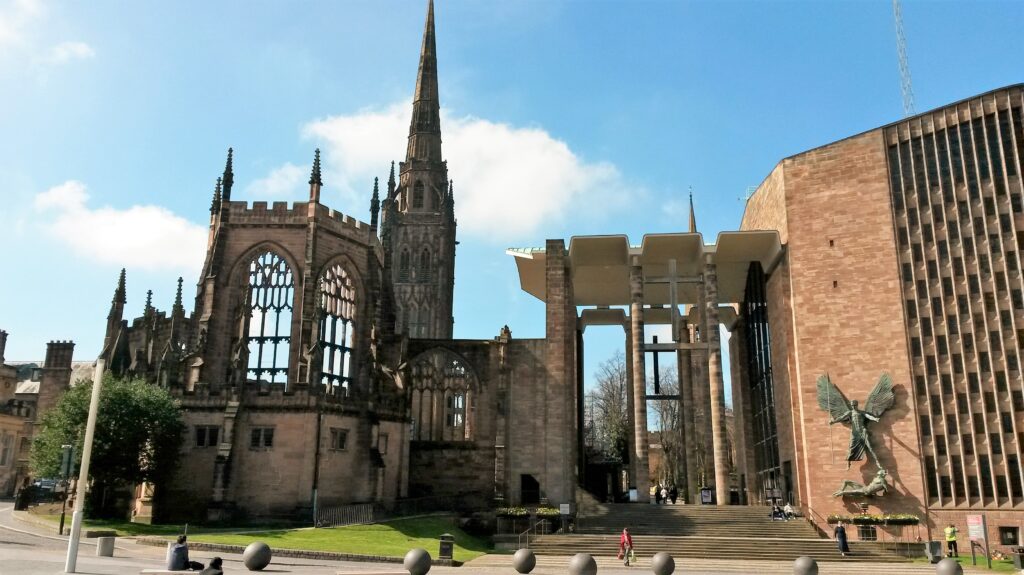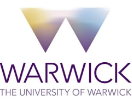In January 2023, Nick Henry explained how a university-supported place partnership generated city of culture legacy around research, evaluation and evidence.
Background
Since its inception in 2009, the UK City of Culture programme has grown into a flagship UK competition for place-based cultural investment. With greater recognition of and competition for the title of UK City of Culture has come greater scrutiny of the costs, expected and actual impacts and the legacy left by what is now a maturing government programme.
Answering questions like Was the year a success? What have been its impacts? What legacy has been built? What worked and why? What didn’t work and why? And was it value for money? in often strongly politicised and charged environments, presupposes a substantial infrastructure of (open) data, evidence, and comment to support assessment and judgement.
Through a place-based partnership of the two local universities – Coventry University and the University of Warwick – the Coventry City of Culture Trust and Coventry City Council, a deliberate legacy of Coventry UK City of Culture 2021 (UK CoC 2021) has been to seek to build, commission, deliver and learn from a monitoring, evaluation and research programme which provides data, learning and legacy for those that follow.
Similarly, it has been recognised that as ‘cultural interventions of scale’, Cities of Culture offer substantial sites of cultural research and inquiry. For example, UK CoC 2021’s vision and aims were to enact a programme of city change through, ultimately, over 700 cultural activities ranging from targeted ‘hyperlocal’ activities across the city to global exchange projects.
Evaluating UK CoC 2021
Following the award announcement, a UK CoC 2021 Core Monitoring and Evaluation Group comprising key expert personnel from the partner institutions was constituted in 2018. Meeting at least monthly, often fortnightly, this group continues today. Early work included supporting a UK CoC 2021 Theory of Change process with Coventry City of Culture Trust and the generation of an outcomes-based Performance Measurement and Evaluation Strategy (PMES).
The PMES and its evaluation framework has framed an extensive, innovative, multi-disciplinary, longitudinal, multi-method quantitative and qualitative research and evaluation programme including: the creation of internal data collection, monitoring, reporting and evaluation structures of the Trust; progress reports; commissioning of economic and social value impact assessments, evaluation and focus studies from external consultancies and cross-university research teams; and extensions of city-wide surveys by the city council and a data profiler.
Over this extensive period:
- Coventry University and the University of Warwick have each provided the dedicated ‘in-kind’ time of a senior university individual expert in the field to provide leadership, stakeholder management, access to broader university expertise and skills, and a source channel of (mostly short-term) funding opportunities such as UK Research Council funds, Higher Education Innovation Funds, and Impact Accelerator Funds. Focused on evaluation, research, and engagement, this commitment has sat alongside and intertwined with other individual institutional place-based and civic anchor investments driven especially by the high profile and celebratory moment of UK CoC 2021. Arguably, this combined suite of research, evaluation, teaching, public engagement, and impact activity has included benefiting from UK-wide research impulses in themes such as place and culture, place-based policy, arts-based methods and new methodological forms of (ethics-driven) research.
- Coventry City of Culture Trust has recognised the importance of evaluation and research, investing in internal structures and an evaluation team, and providing dedicated funds to support the delivery of the PMES Strategy.
- Coventry City Council, as part of its broader strategy, business planning, and scrutiny functions, committed the personnel support especially of its innovative Insight Team and their expertise and intelligence on both city statistics generated across policy domains – nationally, regionally and locally – and the delivery of city-wide data collection such as the Coventry Household Survey. The team were supported by University of Warwick funding for a Data Analyst.
- An ongoing Technical Reference Group (TRG) was convened, chaired by DCMS. The TRG comprises a dozen mainly national stakeholders such as Arts Council England and the Creative Industries Policy & Evidence Centre to provide evaluation guidance and validation and support knowledge exchange. A key development has been how the ongoing UK CoC 2021 evaluation has informed the UK City of Culture 2025 competition and DCMS’s programme of Areas of Research Interest to support continued development of the national cultural evidence base.
Outputs, Engagement and Exchange
Deliberately designed and funded to seek to meet the substantial array of stakeholder expectations around reporting, evaluation, learning and impact, the evaluation programme has pursued an array of timetabled, timely and diverse outputs.
Stretching over nearly five years, including the pandemic and its impact on the planning, timetable, and activities of UK CoC 2021, this has remained an undoubted challenge. Place-based partnership has remained a critical glue in the face of (inevitable) institutional, strategic and policy change, and it has been partially anchored by Coventry’s Cultural Strategy 2017–2027, of which bidding for UK CoC 2021 was just one, if major, component. Post-2021, the strategy is undergoing a refresh as part of Coventry’s Cultural Compact: Culture Change Coventry.
Post-year exchange, engagement and learning has been expanded by two Arts & Humanities Research Council (AHRC) projects as the AHRC has invested to demonstrate how arts and humanities researchers, often working collaboratively with other disciplines, can support place shaping and policy making. These projects have allowed further innovative outputs by the partnership, such as the Coventry Cultural Challenge (a type of cultural solutions hackathon), Walking Through Coventry Data (an immersive data and images experience of the city in its new The Reel Store digital gallery) and a Future Trends Series of roundtables.
Acknowledgements
This article was written by Professor Nick Henry, Centre for Creative Economies, Coventry University.
It was originally published in the Key Cities’ report Culture and Place in Britain.


